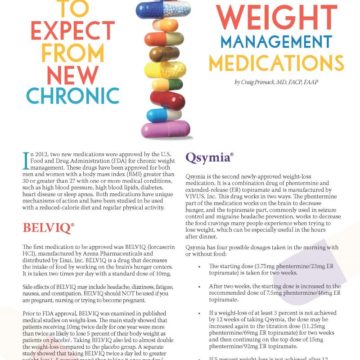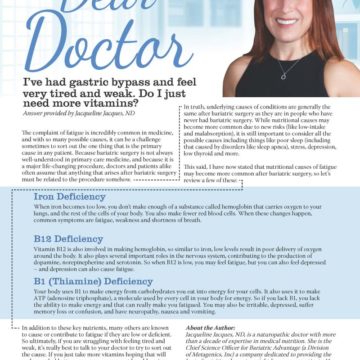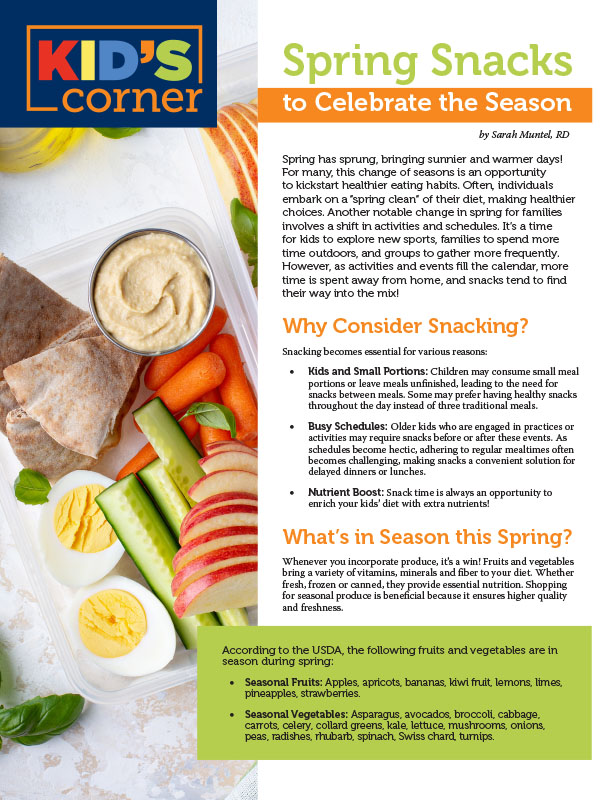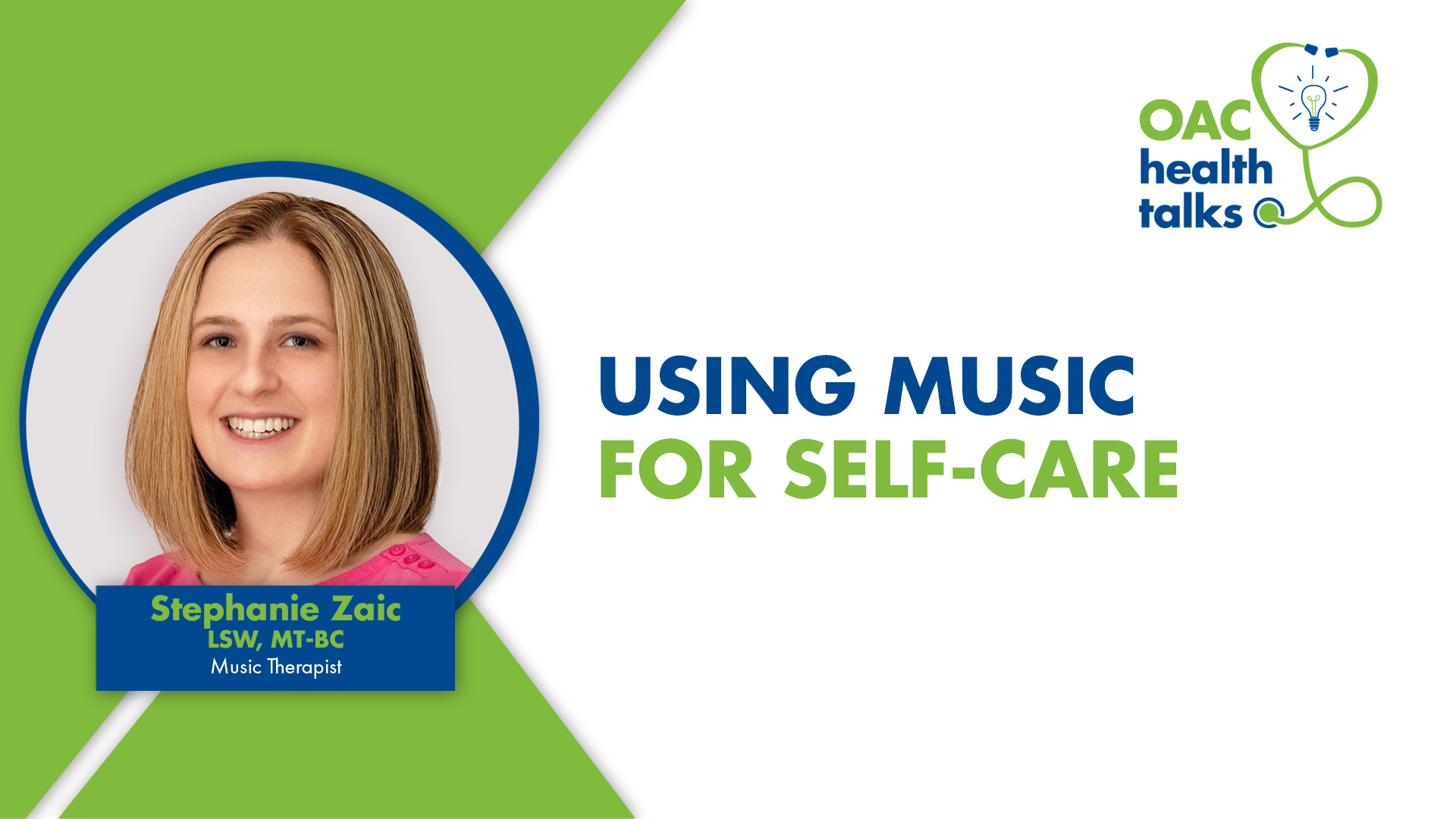Late Night Food Cravings

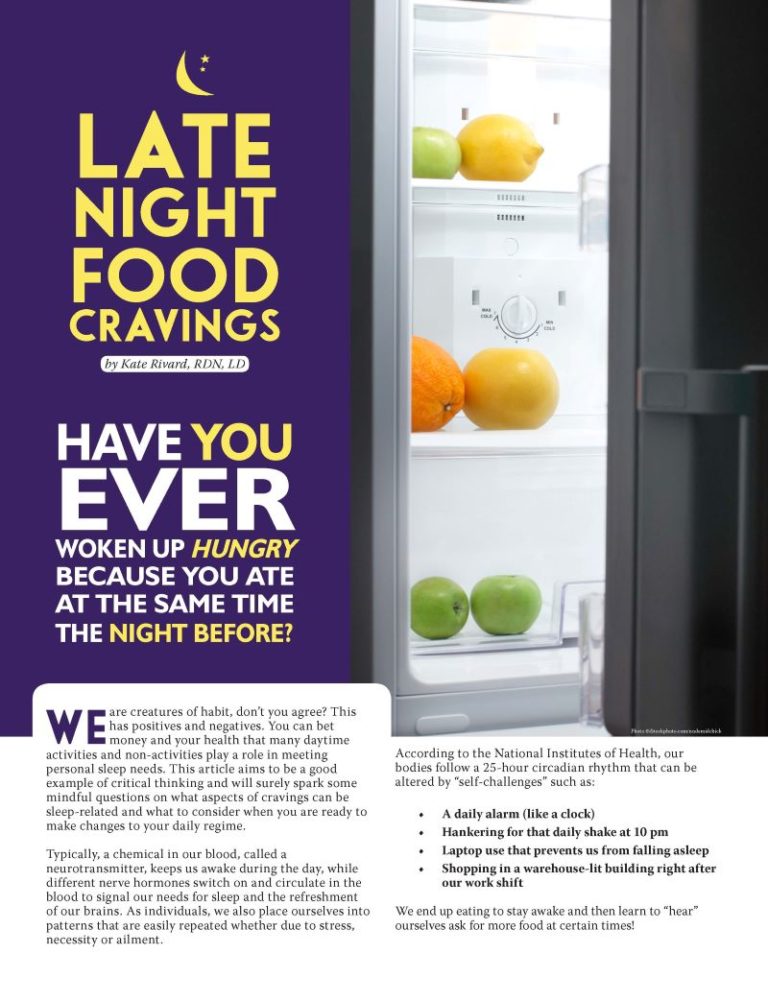
by Kate Rivard, RDN, LD
Fall 2013
Have you ever woken up hungry because you ate at the same time the night before?
We are creatures of habit, don’t you agree? This has positives and negatives. You can bet money and your health that many daytime activities and non-activities play a role in meeting personal sleep needs. This article aims to be a good example of critical thinking and will surely spark some mindful questions on what aspects of cravings can be sleep-related and what to consider when you are ready to make changes to your daily regime.
Typically, a chemical in our blood, called a neurotransmitter, keeps us awake during the day, while different nerve hormones switch on and circulate in the blood to signal our needs for sleep and the refreshment of our brains. As individuals, we also place ourselves into patterns that are easily repeated whether due to stress, necessity or ailment.
According to the National Institutes of Health, our bodies follow a 25-hour circadian rhythm that can be altered by “self-challenges” such as:
- A daily alarm (like a clock)
- Hankering for that daily shake at 10 pm
- Laptop use that prevents us from falling asleep
- Shopping in a warehouse-lit building right after our work shift
We end up eating to stay awake and then learn to “hear” ourselves ask for more food at certain times!
What Can You Do About This?
Stress can greatly enhance your desire to consume food. Lack of sleep can also contribute to craving food when you are not really hungry or need nourishment. Here are some examples of stressors that minimize healthy patterns and ways you can relax and help fight cravings:
- You may work under bright lights during the day. Toward the end of the day, shut or dim the lights.
- During your drive home, try to calm yourself.
- Calming yourself before bed is also beneficial to relaxing.
Reducing your focus on putting something in the mouth may be as simple as replacing an eating occasion with a session of stretching to relax muscles of your upper body, legs or torso. You can add exercise or stretching and movement for as little as 10 minutes a day to help combat food cravings.
What Else Can Cause You to Have Cravings?
Are there other reasons why cravings happen around bedtime? Can you keep a food diary and sleep record for a few days or even 24 hours to see if in fact you really do consume little during the day, and your hunger finally catches up with you at odd hours during off-work time. Let’s take a look at some other reasons you may be experiencing late night cravings:
I) Food Medication Interactions
When we have multiple medications on board, why not check with a pharmacist, dietitian or rely on ourselves to learn what vitamins or minerals, or side effects may be interacting when using a medication. Many medicines for mental health should be taken with regard to food, calcium, iron supplements, or citrus juices to maximize the effects of the medication dosage.
II) Sleep
Simple lack of adequate, quality sleep will boost or decrease levels of hormones, leading to food cravings. Monthly hormonal surges or changes can also lead to a deficit of sleep through mood swings, along with mental stressors, and lack of normal cues for intake of food and fluids. Warmed milk can increase sleepiness through hormone production leading to a sense of calm in both men and women. Typically, any warm fluids can do this, so heated almond milk, or milk of your choice, likely will suffice.
Sleep-encouraging relaxation techniques include autogenic relaxation, progressive muscle relaxation, and visualization, which can also be assisted by yoga, stretching, massage, listening to music, Tai Chi, and low-level exercise. These are some simple ways to bring about a calm mindset during your sleep hygiene time – 10-60 minutes before bed.
If you feel you require more of a scientific approach to identifying sleep issues, a professional or physician specializing in sleep medicine can assist with this by collecting data and performing a sleep study.
III) Energy Needs
Much of our negative thinking presses us to forgo food and fluids until we reach a hunger that equates with severe emptiness. Or you simply haven’t been hungry and until eating a little before bed, you find that you are ravenous. Can you relate? If so, talking with a dietitian may help you plan to eat and not consume food and fluids close to bedtime. Protein can be a key factor in keeping energy constant during the day. So there are basics to learn about the foods and fluids we eat and drink. A dietitian can be an excellent resource to help you get and stay on track.
IV) Tobacco Use
According to the 2010 Centers for Disease control data, 21.3 percent of adults (12th graders, men and women as adults) of the United States population use tobacco. Nicotine-use and caffeine right before bed, like brightness of one’s laptop or desktop computer or cell phone, can affect ability to gain your zzzz’s. Like alcoholic beverages, sensitivity varies; and it may be that last couple cigarettes at home, in bed, or when you settle in for the evening, holding you up from routinely falling asleep. Alcohol also helps one get to sleep, but a few extra drinks gets one up several hours later and may be part of the middle-of-the-night wakefulness.
V) Disease and Emotion
Narcolepsy, Sleep Related Sleep Disorder (a parasomnia), and generalized anxiety, can alter sleep and possibly cause daytime mood swings that lead to extreme fatigue. Use of elicit substances altering mental health, certain medication side effects, and seasonal changes, may enhance depressive symptoms.
Eating in the middle of the night and being unaware of this behavior may be Night Time Binge Eating Disorder (NBED) or Night Eating Syndrome (NES).
Below are some questions you might ask yourself with regard to sleep challenges:
- Have you ever recorded how many hours of real sleep you get? Then look over this record and ask yourself why evenings were so short or long.
- Do you feel that you ate too much, drank wine, beer, smoked, or had caffeine unusually late at night?
- Were you stimulated by emotions?
- Do you have insomnia (difficulty falling asleep)? Even if you have always been a short sleeper or a light sleeper, you will learn about sleep and what alters this more by jotting down how many hours you get for a week.
Conclusion
In conclusion, absolutely everyone needs time to reboot and relax. No one can keep a party going and not find themselves exhausted without health consequences. Health is both mental and physical, emotional, interpersonal, and social. While we may have to advocate for our own health in a busy family, workplace or relationship, purposefully taking time twice daily for mindful re-focusing can bring even the most efficient person to level ground.
The same goes for working on sleep hygiene, which is defined as controlling all factors that precede or may interfere with restful sleep. Getting more shuteye regularly, or taking a 10 minute catnap, is known to increase control over cravings. If we consider that health is our wealth, we may be more likely to look mindfully at what is driving our evening consumption and interfering with an adequate level of refreshment. Mindfulness may build on your decisions to reduce use of caffeine, nicotine, alcohol or other drug quantities, and food or caloric liquids during busy hours of the day. Seeking healthcare guidance about our mental and physical health allows each of us to feel more appreciated and fulfilled. Good zzzz’s to you.
About the Author:
Kate Rivard, RDN, LD, has been studying health and wellness psychology for more than two years and is nearing completion of her master’s degree. She works as a health coach and healthy eating consultant, a health screener, on-call dietitian, and speaker. Kate speaks and writes on a variety of topics related to stress, sleep, nutrition and activity.
by Sarah Muntel, RD Spring 2024 Spring has sprung, bringing sunnier and warmer days! For many, this…
Read Articleby Nina Crowley, PhD, RD (with Inspiration from Shawn Cochran) Winter 2024 Dating, no matter your age,…
Read ArticleDid you know that stress can have an impact on weight? Many people increase their food intake…
View Video




